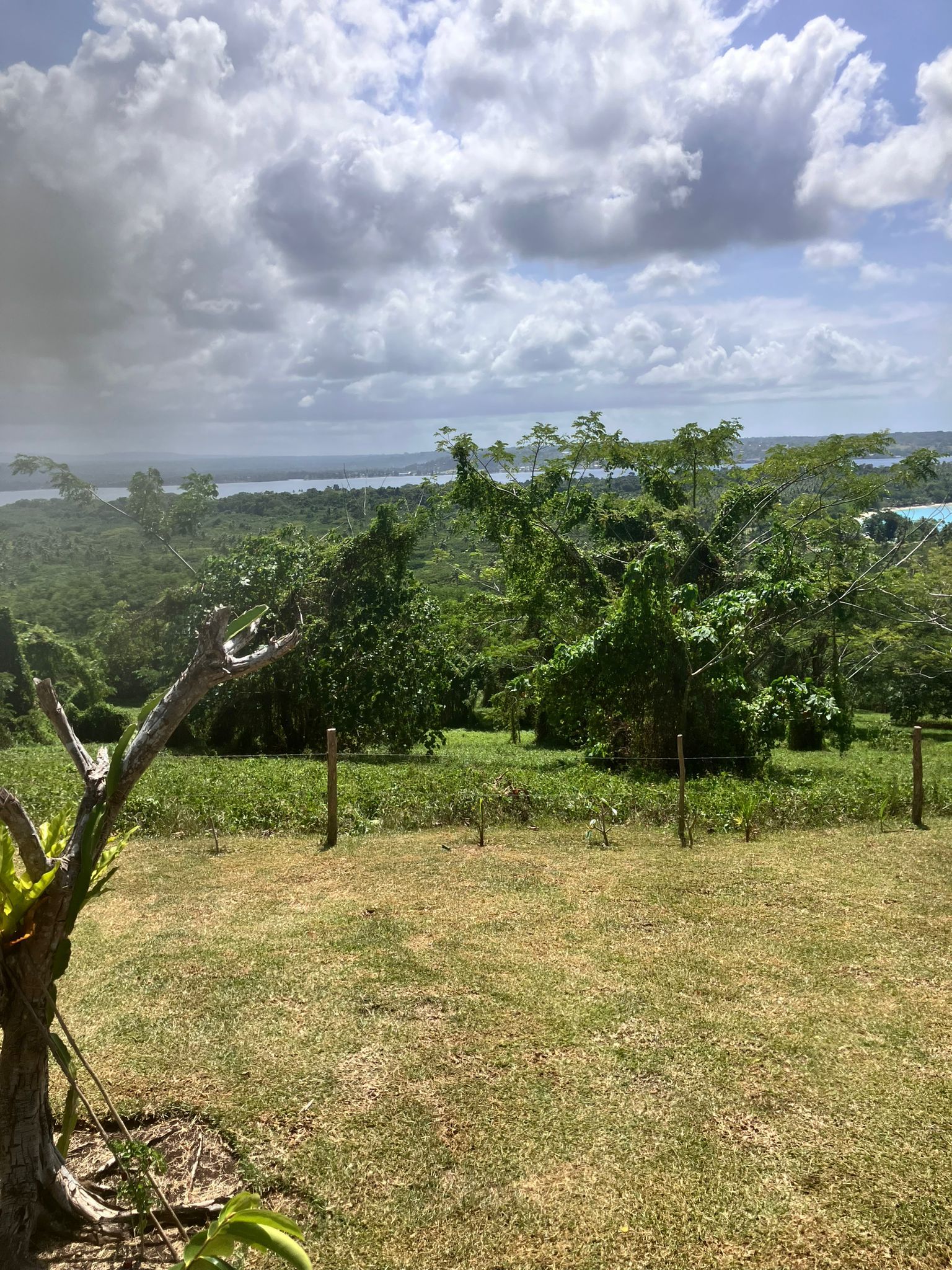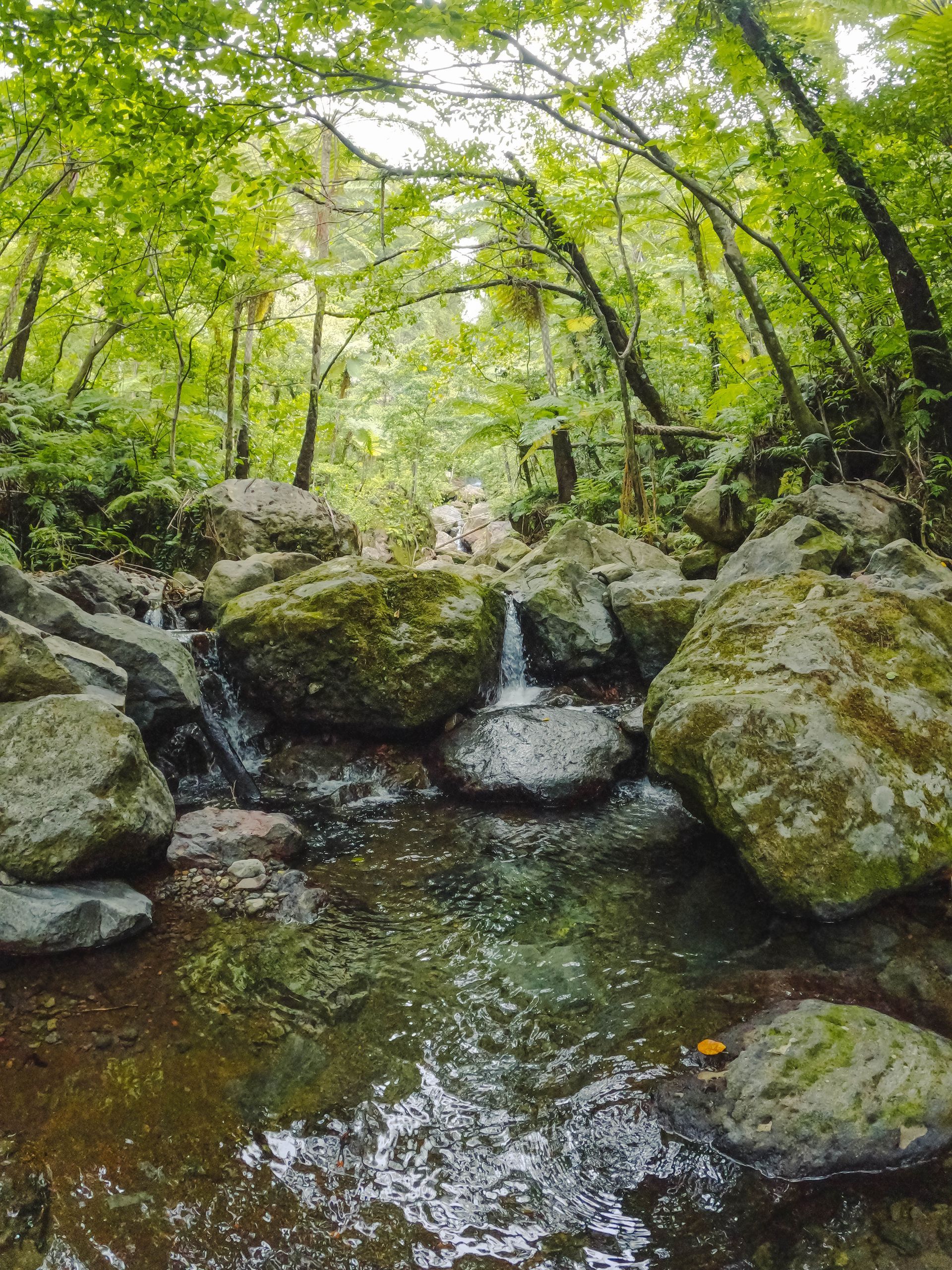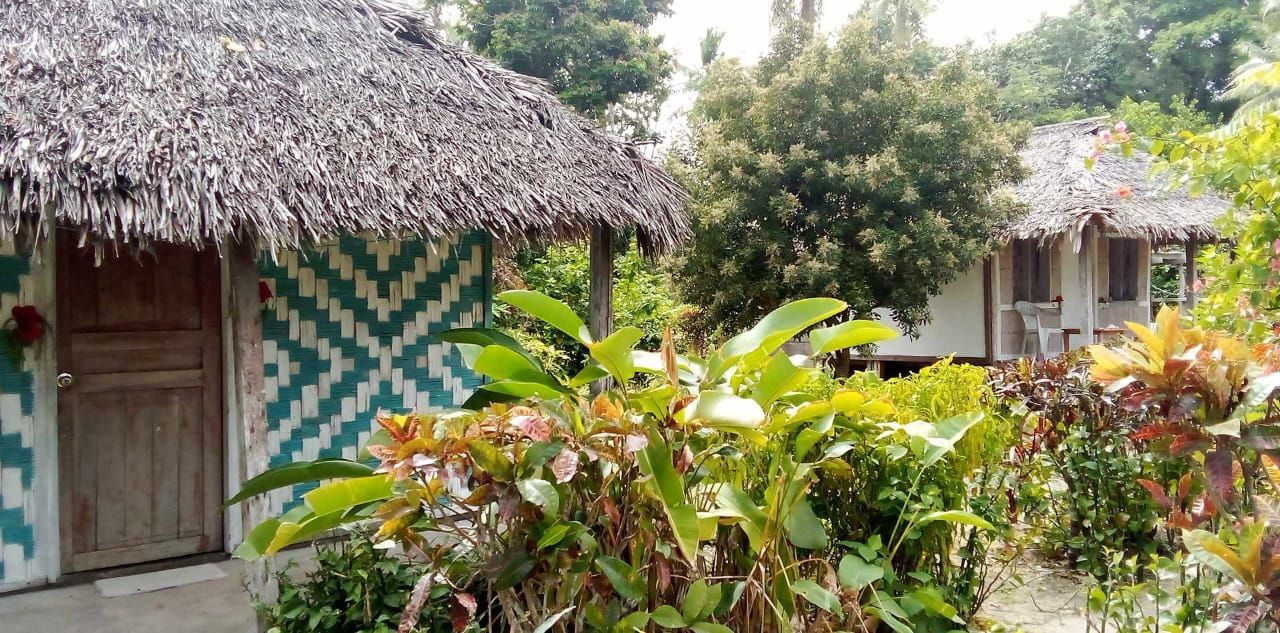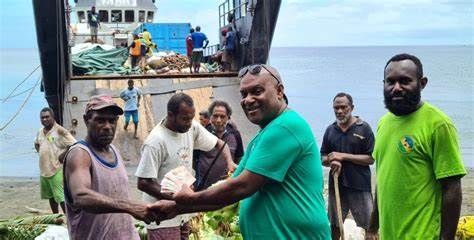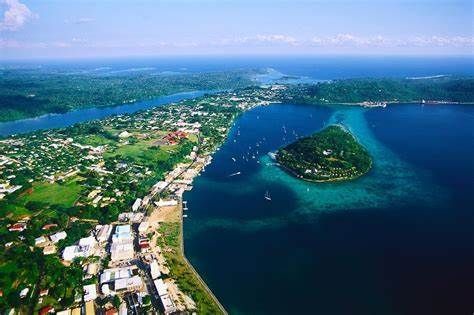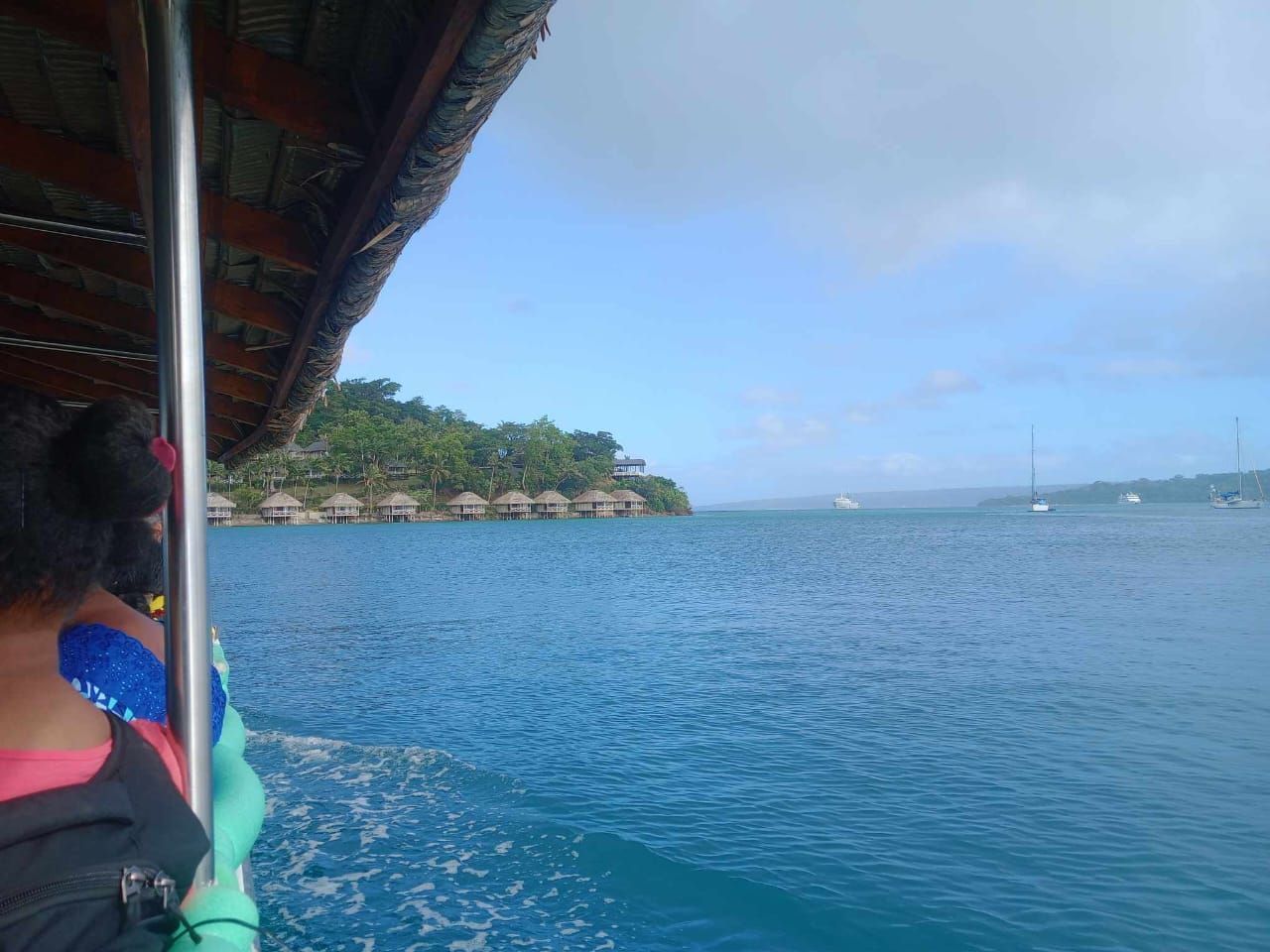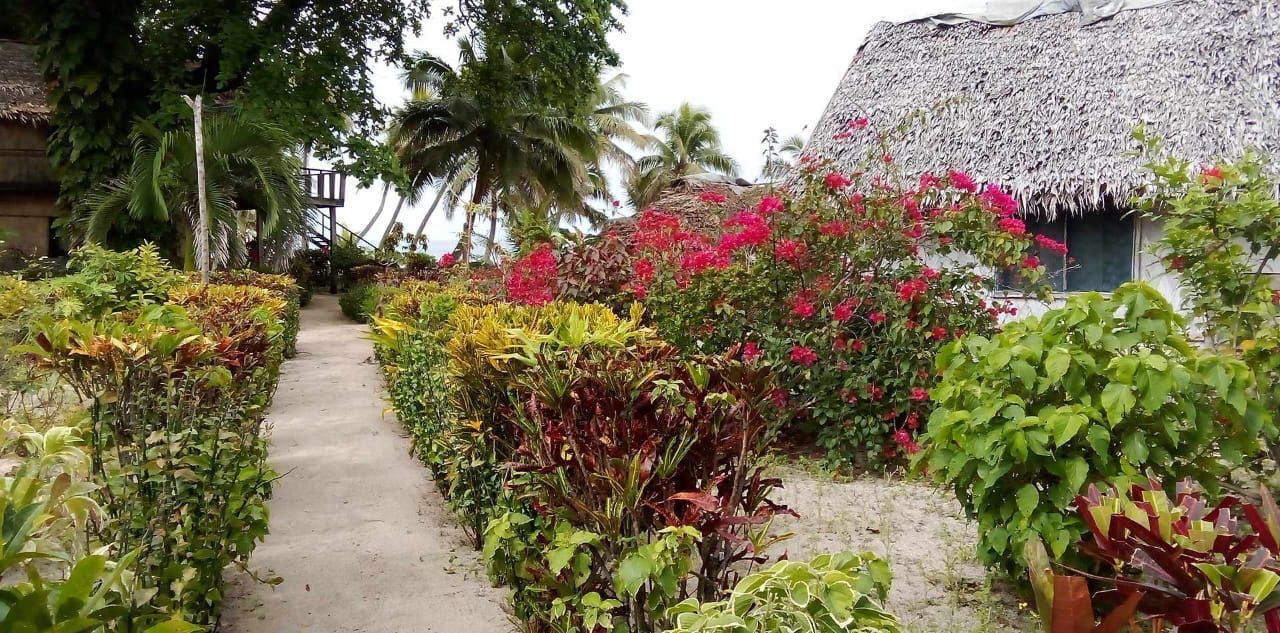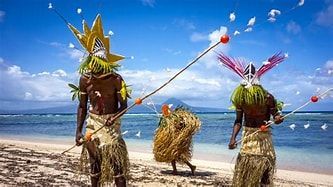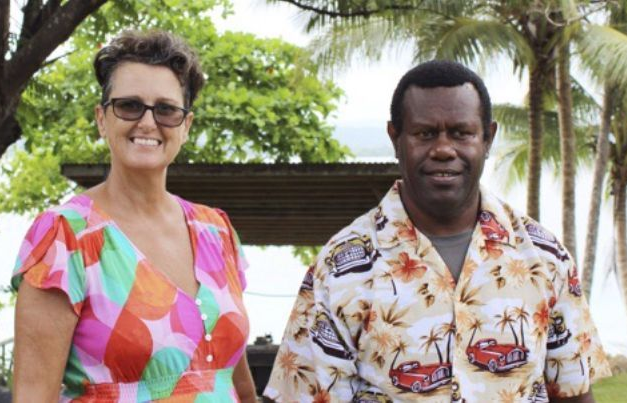"Understanding Community Title in Vanuatu: A Framework for Shared Land Ownership and Governance"
Understanding Community Title in Vanuatu
Vanuatu, an archipelago nation located in the South Pacific, is known for its stunning landscapes, rich cultural heritage, and unique legal frameworks surrounding land ownership. One of the most important concepts in Vanuatu’s land management system is "Community Title." This form of land tenure is crucial in ensuring that local communities retain control over their ancestral lands while facilitating orderly development. This blog explores the intricacies of Community Title in Vanuatu, its significance, and the broader implications for land management and community empowerment.
What is Community Title?
Community Title is a form of land tenure that is specifically designed to recognize the rights of communities in relation to their ancestral lands. Unlike individual title systems that emphasize private ownership, Community Title acknowledges the collective rights of communities to manage and utilize land based on their traditional customs and practices.
In Vanuatu, land is considered a communal resource, and ownership is often tied to cultural and familial ties. This makes Community Title a fitting legal mechanism, as it aligns with the local customs and provides a framework for managing land in a way that respects cultural heritage. It also reflects the underlying principle of "land belongs to the ancestors, and the living hold it in trust for future generations."
Legal Framework and Registration
The legal foundation for Community Title in Vanuatu is established under the Land Reform Program initiated in the late 1980s. The objective of this program was to create a legal framework for sustainable land management that respects the customs of rural communities. The system is administered by the Department of Lands and has provisions for the registration of Community Title.
Once a community decides to seek Community Title, they must go through a formal registration process, which involves several steps:
- Community Formation: The first step is to form a community or gather the customary landowners who will collectively hold the Community Title.
- Demarcation of Land: The next step is to demarcate the land in question. This involves mapping the boundaries of the community land and ensuring that all customary owners agree on these boundaries.
- Application: The community must submit an application to the Department of Lands, providing all necessary documentation and evidence of community ownership and governance structures.
- Community Consultation: A public inquiry or community consultation is usually conducted to gather inputs from stakeholders and ensure that the title reflects the community's interests.
- Issuance of Title: If the application is approved, a Community Title is awarded, granting the community the rights to use and manage the land collectively.
Benefits of Community Title
1. Empowerment of Local Communities
One of the primary advantages of Community Title is the empowerment of local communities. By recognizing collective ownership, the system allows communities to make decisions regarding land use and development according to their traditions and needs. This fosters a sense of unity, cooperation, and shared responsibility among community members.
2. Cultural Preservation
Community Title helps in preserving the unique cultural identities of Vanuatu’s diverse communities. Traditional practices and customs related to land use are upheld, ensuring that development initiatives respect the community's heritage. This is particularly important in a country rich in cultural diversity, as it prevents the erosion of indigenous knowledge and practices.
3. Sustainable Land Management
With a focus on collective management, Community Title promotes sustainable land practices. Local knowledge about resource management can lead to better stewardship of the land, as community members have a vested interest in maintaining the health of their environment for future generations. This is vital for islands that are susceptible to climate change and environmental degradation.
4. Facilitation of Development
While preserving traditional rights, Community Title simultaneously facilitates development. Communities can engage in ventures such as tourism, agriculture, and sustainable forestry, confident that their rights are protected. The establishment of Community Title can attract investment, empower local economies, and create employment opportunities.
Challenges Facing Community Title
Despite its numerous benefits, the Community Title system in Vanuatu faces various challenges:
- Awareness and Understanding: There is often a lack of awareness and understanding of the Community Title system among local populations. Education and outreach are essential to ensure that communities are informed about their rights and the processes involved in obtaining Community Title.
- Disputes and Conflicts: Disputes may arise regarding the boundaries and ownership of community land, especially when traditional ownership is contested. Resolving such disputes requires effective conflict resolution mechanisms that respect customary laws.
- Governmental Support: While strides have been made in establishing a legal framework for Community Title, ongoing governmental support is necessary. Sufficient resources must be allocated for the effective implementation of land policies and administrative processes.
- Environmental Changes: Climate change poses a significant threat to the lands held under Community Title. Rising sea levels, changing weather patterns, and natural disasters can impact the usability of land. Communities must adapt to these changes while still protecting their rights.
Conclusion
The Community Title system in Vanuatu represents a significant step toward aligning legal frameworks with cultural practices. By recognizing collective ownership and local governance, Community Title empowers communities, preserves cultural heritage, and promotes sustainable land use. However, challenges remain that require concerted efforts by communities, government agencies, and civil society organizations to address.
As Vanuatu continues to navigate the complexities of development and environmental change, Community Title will play a crucial role in securing the rights and interests of local communities, ensuring that land continues to be a source of identity, livelihood, and sustainability for generations to come. Understanding and supporting this system is not just an obligation; it is also an opportunity to learn from indigenous models of land management that prioritize stewardship, community cohesion, and respect for the environment.


